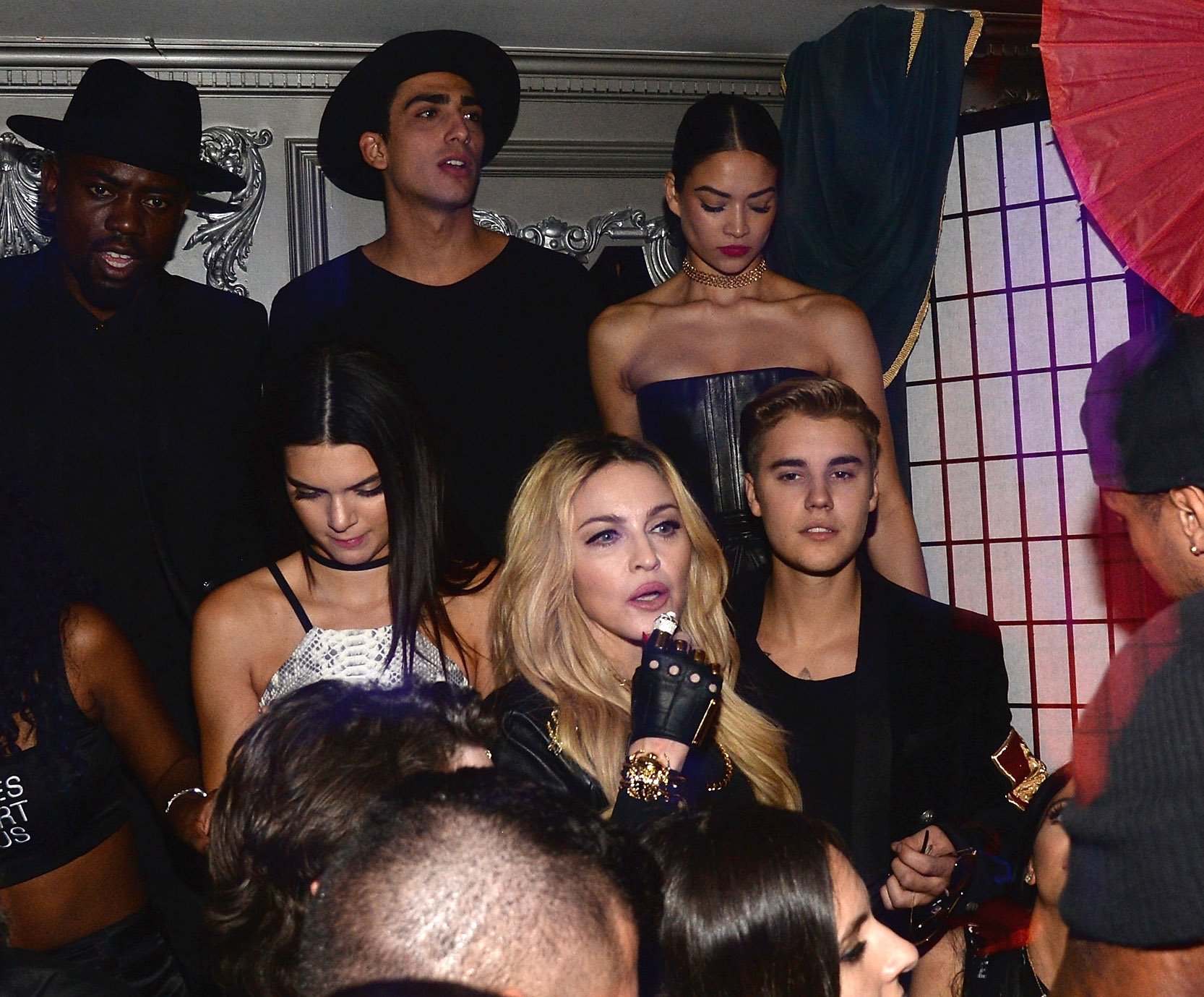
There’s a cartoon on the homepage of Bored Ape Yacht Club, once the hottest collection of NFTs on the Ethereum blockchain, of a bar decked out in sailor paraphernalia. The room has festive lighting and kitsch trimmings, but it’s empty, everyone has left the party. It’s a fitting image for the group of 10,000 ruffian apes whose value and buyers have dropped precipitously in recent months.
Now, Yuga Labs, the creator of Bored Ape Yacht Club and owner of CryptoPunks and Meebits, faces legal action over claims that it deliberately inflated the value of its NFTs to the benefit of insiders.
Two Yuga Lab NFT collectors, Adonis Real and Adam Titcher, filed a class-action lawsuit on December 8 with the Federal Central District Court of California alleging that Yuga Labs made paid celebrity endorsements appear organic, which artificially boosted prices and resulted in billions of dollars in sales and re-sales. When prices dropped following Bored Ape Yacht Club’s lackluster metaverse rollout, Real and Titcher lost out.
More broadly, the complaint claims Yuga Labs violated the Exchange Act “by making false and misleading statements concerning Yuga’s growth prospects, financial ownership, and financial benefits for Yuga securities investors,” Scott and Scott, the law firm that filed the case wrote in a statement.
The lawsuit, which seeks damages of at least $5 million on behalf of its plaintiffs, identifies long-time talent manager Guy Oseary and MoonPay, described by some as the PayPal for crypto, as pivotal entities in the “scheme.” Oseary, the claim alleges, worked with Yuga executives to leverage his network of A-list celebrities and have them promote Bored Ape Yacht Club and Yuga financial products in exchange for financial compensation delivered through MoonPay. Oseary was an early investor in MoonPay via his venture capital firm, Sound Ventures.
The compensation, it states, was not disclosed and therefore violates the FTC requirement that endorsers disclose their material connections with their sponsoring advertisers in clear and obvious language.
One example from the 95-page filing involves Jimmy Fallon’s promotion of Bored Ape Yacht Club and MoonPay on an episode of his Tonight Show. On air, Fallon said he’d bought an ape through MoonPay’s services and continued promoting the pair on Twitter without acknowledging that he was an early investor in MoonPay and was “financially interested, directly or indirectly, in the increased sale or popularity of the Yuga securities.”
At the time of writing none of the celebrities had commented publicly on the lawsuit, though Yuga Labs told Artnet News in a statement, “in our view, these claims are opportunistic and parasitic. We strongly believe that they are without merit, and look forward to proving as much.” The company declined to comment further on the allegations.
The lawsuit comes on the heels of reports in October that the SEC was looking into Yuga Labs to determine if its offerings constitute unregulated securities.
More Trending Stories:
Click Here to See Our Latest Artnet Auctions, Live Now